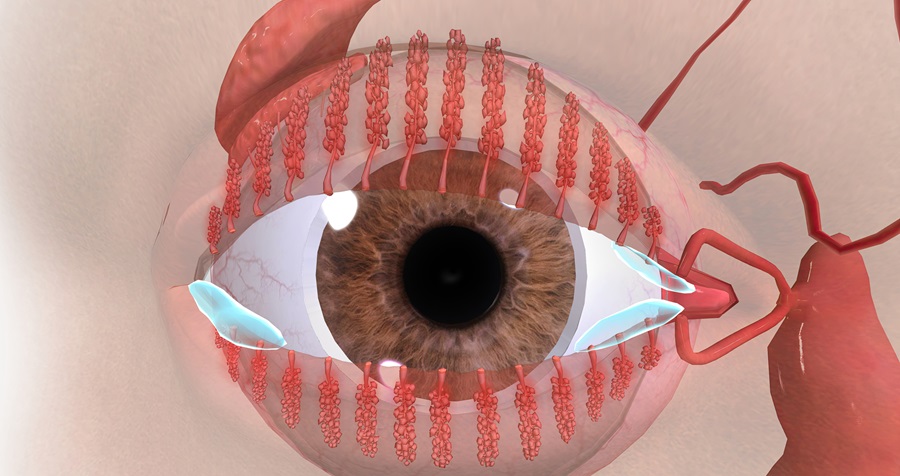Tears may be a component of our routine that we take for granted. But when it comes to eye health, tears are actually much more important than we realize. Especially if we think about dry eye, the importance of tears cannot be overestimated. But what exactly does the tear do? Which layers does it consist of?
Tear Layers
There are 3 different layers in the structure of the tear and each of these layers has its own important role.
Aqueous Layer
It is the middle layer of tears produced by the lacrimal glands. It is effective in keeping the eye moist as well as removing foreign substances from the eye.
Lipid Fat Layer
It is the layer produced by the meibomian glands located on both sides of the eyelids. The oily layer prevents the rapid evaporation of the aqueous layer of tears. It is effective in keeping the eye surface sufficiently moist as well as keeping it sufficiently slippery.
Mucus Layer
This layer, which we can see as the inner layer, ensures that the aqueous layer is distributed smoothly and in the desired way on the surface of the eye. In its deficiency, we see that tears do not stick to the eye.

What are tears for?
Having learned about the layers, now we come to the function. Here we can list many different items.
- Healing: The enzymes in tears help heal small wounds in the eye.
- Nourishing Corneal Cells: It is effective in nourishing corneal cells.
- Protection: It provides protection of the eye surface against dust and foreign objects.
- Keeping the Eye Surface Moist: Prevents over-drying by keeping the surface of the eye constantly moist.
Insufficient or poor quality tears can lead to dry eye syndrome. In this way, we can say that there is a direct relationship between tears and the occurrence of dry eye.

